Our Process Is Simple
Gentz Financial Services Path To Retirement
Gentz Financial Services offers a comprehensive suite of services, ensuring we’re taking a holistic approach to your finances.
As an independent agency, Gentz Financial Services has a wide range of products and services available to fit your lifestyle. We’re committed to helping you pursue your goals and provide you information to better identify strategies that best match your outlined objectives.
We’re dedicated to your financial stability and always work in your best interests, helping to ensure you feel empowered to take control of your financial well-being. Our goal is to help you preserve and grow your wealth. We begin by thoroughly listening to your unique retirement objectives and goals and from there, design established, innovative strategies that meet those needs.
We work hard to prove our dedication and commitment to you, as a client. We’re not satisfied if you’re unhappy. Our process is very collaborative so you can be confident you’re heard, and your concerns and questions are always addressed. Our transparency is part of our philosophy.
Scroll below to start your path to retirement today!
SCHEDULE YOUR COMPLIMENTARY REVIEW
Asset Preservation
Buying instruments that can preserve your portfolio from negative returns early in retirement can be considered a more effective means of preserving assets.
Investing should be easy – just buy low and sell high – but most of us have trouble following that simple advice. There are principles and strategies that may enable you to put together an investment portfolio that reflects your risk tolerance, time horizon, and goals. Understanding these principles and strategies can help you avoid some of the pitfalls that snare some investors.
Services offered:
IRA & 401(k) Rollovers:
When you change jobs or retire, there are four things you can do with the money in your employer-sponsored retirement plan:
- Leave the money where it is
- Take the cash (and pay income taxes and perhaps a 10% federal penalty tax if you are younger than age 59½ )
- Transfer the money to another employer plan (if the plan allows)
- Roll the money over into an IRA – Rolling over from one qualified plan to another qualified plan allows your money to continue growing tax-deferred until you receive distributions in retirement. We can help you determine if a rollover is the right move for you, and we can help find the vehicles to help you conserve and grow your rollover assets.
There are several choices investors have when rolling over money from one plan to another. Since each choice has its own implications, it is recommended that you discuss and compare all potential fees, expenses, commissions, taxes, and legal ramifications with your qualified advisor before making a rollover decision.
Income Planning
Where will your retirement money come from? If you’re like most people, qualified-retirement plans, Social Security, personal savings, and investments are expected to play a role. Once you have estimated the amount of money you may need for retirement, a sound approach involves taking a close look at your potential retirement-income sources.
Another consideration for income planning is tax planning. In the US, we may have entered an environment of rising taxes. That’s why it’s important now, more than ever before, to incorporate tax planning into your portfolio and all of your financial decisions.
Purchasing into a tax-deferred vehicle means your money can compound interest for years, unfettered by income taxes. While very few vehicles avoid taxes altogether, many allow you to defer paying them until retirement – when you may be in a lower tax bracket.
Wealth Management
One of the keys to a sound financial strategy is spending less than you take in, and then finding a way to put your excess to work. A money management approach involves creating budgets to understand and make decisions about where your money is going. It also involves knowing where you may be able to put your excess cash to work.
Creating a life map involves a close review of personal finances and an assessment of other building blocks. Lifestyle matters look at how to balance work and leisure, how to make smart choices for the future, and many other items in an effort to help an individual “enjoy the journey.”
Life Insurance
A well-structured insurance strategy can help protect your loved ones from the financial consequences of unexpected events. Insurance transfers the financial risk of life’s events to an insurance company.
Term insurance generally provides coverage for a specified period of time and pays out a specified amount of coverage to your beneficiary only if you die within that time period. You pay the same amount of premium from the first day of the policy until the term ends. Permanent insurance, on the other hand, does not need to be renewed. A permanent insurance policy will stay permanently in effect for the rest of your life so long as premiums continue to be paid.
Legacy & Estate Planning Strategies
Effective estate management enables you to manage your affairs during your lifetime and control the distribution of your wealth after death. An effective estate strategy can spell out your healthcare wishes and ensure that they’re carried out – even if you are unable to communicate. It can even designate someone to manage your financial affairs should you be unable to do so.
Additional Legacy & Estate topics include:
IRA Legacy Planning: IRA accounts have become one of the largest types of assets inherited by beneficiaries. If you don’t anticipate needing your IRA money in retirement, you may wish to consider a legacy planning strategy to reduce taxes and increase the payout your beneficiaries will inherit upon your death.
A properly structured IRA may provide your beneficiary(ies) a regular stream of income while leaving the balance of IRA assets set up for tax-deferred growth. The result may yield substantially more money paid out over the course of your beneficiary’s lifetime. We can help you evaluate your financial scenario to determine if IRA legacy planning may be the best means to help leave a long-lasting inheritance for your heirs.
Trusts: There are many different types of trusts, and they can be complex to set up and execute. However, a trust can be a very flexible and advantageous means to transfer your assets in the future. Most trusts also provide current benefits, such as tax deferral and deductions. Unlike a will, a trust will avoid probate upon your death. To learn more about trusts and how they may benefit you, please consult a qualified estate planning attorney that specializes in these matters.
Probate: Probate is the potentially lengthy and costly legal process that oversees the transfer of your assets upon your death. If you do not create a will or set up a trust to transfer your property when you die, state law will determine what happens to your estate. This is called probate or “intestate.” Without a will or some other form of legal estate planning, there is the chance that some or all of your property may go to the state instead of to your family.
Charitable Giving Strategies: Creating a charitable gift-giving plan may provide you with multiple tax breaks – an income tax deduction, the avoidance of capital gains on highly appreciated assets, and no estate taxes on the charitable contribution upon your death. With the increasing tax environment we expect in the U.S. in coming years, there may be compelling reasons to integrate philanthropy into your financial strategy and estate planning.
Medicare
As the oldest Baby Boomers begin to wind through their 50s, one of the biggest concerns may not be outliving income, but outliving good health.
For seniors, home health care can cost $50,000 or more per year,1 and nursing home care can run as high as $80,000.2 Does your retirement plan account for this kind of possibility? Would you be prepared for twice that amount as a married couple?
Considering that you have to exhaust virtually all of your financial means before Medicaid will pay for long-term care and neither your group nor major medical insurance will cover long-term care, it’s critically important to plan ahead and protect yourself from these costly expenses.
We can help evaluate your situation and determine if purchasing a long-term care insurance policy is the right move to help insure your future.
2) MetLife Market Survey of Nursing Home, Assisted Living, Adult Day Services, and Home Care Costs, 2009




